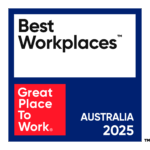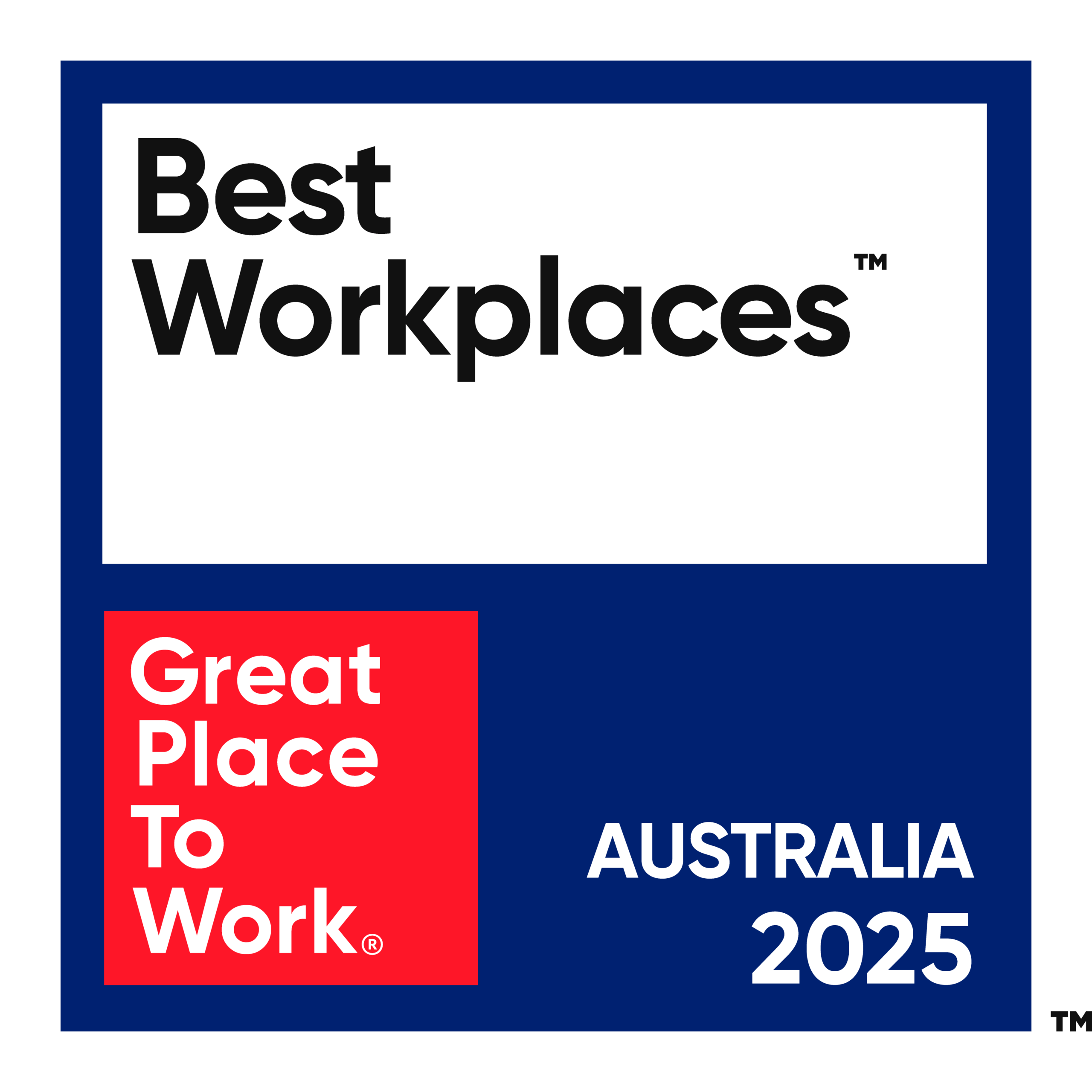Home > Helping You Navigate Compliance and Culture
Helping You Navigate Compliance and Culture
No one can argue that we are operating in times heavily influenced by compliance requirements imposed by a range of regulatory bodies and legislation.
In education, teachers and administrators are continually navigating their responsibilities around Child Protection, Work Health and Safety, Curriculum, Teacher Accreditation and Employee Industrial Awards– and that’s before considering the impact of building code, campus registration or food safety requirements! Organisations away from the Education Sector are similarly navigating significant compliance requirements around Work Health and Safety, Industrial Agreements, employment contracts and building codes. The recent emphasis on changes centring around Psychosocial Hazards in the workplace have also placed additional compliance pressures on organisations.
Compliance requirements may also feel ever changeable, adding to the feeling that there is never a finishing line in sight. Organisations seeking to fulfil their objectives and goals in terms of their ‘reason for being’ may feel overwhelmed, coupled with the sense that they have neither the hours in the day nor the workforce required to develop appropriate policies and procedures- let alone continually monitor adherence to the raft of requirements placed upon them.
Despite these feelings, there is little doubt as to the intention of such regulations to keep all employees and other stakeholders safe – psychologically, emotionally and physically – in any workplace. In the vast majority of cases, this is also a priority of employers, who understand the importance of employee wellbeing; first as a moral and legal obligation, and second as a driver for the success of their organisation.
Even when acknowledging these best intentions, there is little doubt that a significant challenge arises when navigating the most effective ways for a business to remain compliant without detrimentally impacting the culture of an organisation through overly regulated ways of working.
Organisations wrestle with allowing enough risk to enable employees to be creative and act as individuals, without posing enough risk to be dangerous to either the individual or the collective. Similarly, they wrestle with allowing the time to understand compliance requirements, while also seeking to maintain or grow their businesses.
Perhaps of greatest concern to employers is the desire to maintain the ‘flavour’ of their organisation; the cultural nuances and points of difference which allow it to stand out from all others. They fear the homogenisation of their organisation and its culture if regulatory requirements dominate. Striking a balance between fostering a culture of fun balanced by safety, of individuality balanced by collective compliance and of continued forward focus on organisational goals therefore becomes a significant challenge.
While there are no quick or easy solutions to these challenges, awareness of the tensions which exist in this space can be helpful. This awareness can then give way to reflection about the opportunities within an organisation to prioritise culture; to humanise work in ways which alleviate any concerns that may arise as a consequence of the burden of regulatory requirements.
At Be Challenged, we call this your Connection Plan. Prioritising Well-being Initiatives, Ongoing Growth through Professional Learning, Opportunities to Connect, and Rewards and Recognition for our team members enables us to balance regulations with the Be Challenged Buzz that we are committed to maintaining.
We look forward to speaking with you soon!
Lisa Kelliher
Head of People and Culture | Head of Business Support | Educational Consultant





